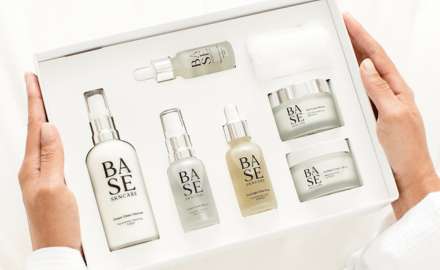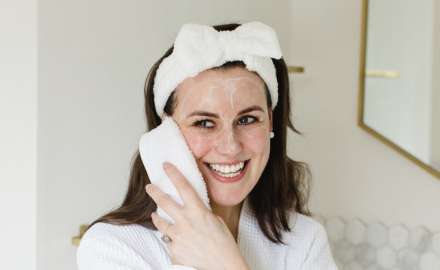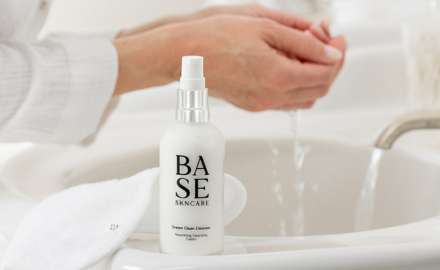
The difference between a 'Skin Type' and a 'Skin Condition'
Today I’m covering a subject that confuses almost every client in clinic…The difference between a skin type and a skin condition.
So, what is a 'Skin Type'?
To put it simply, your skin type defines the skin you were born with. It’s written in your genes and was decided long ago by your parents. Skin types are classically divided into 4 categories that I’m sure most of you will be familiar with:
Dry: The skin produces less oil than usual and the skin barrier is often impaired for this reason. It can feel tight and look dull.
Oily: The skin produces excess oil which can lead to the presence of blackheads and spots and will often appear shiny.
Combination: This is the most common skin type and is a mixture of dry and oily skin. The skin is typically oilier through the t-zone but drier on the cheeks.
Normal: The dream 😉 The perfect balance of oil and moisturising factors. The skin will have a smooth, even texture and refined pores. (You know that one friend who sleeps in their makeup, has never owned a serum and miraculously wakes up every day with beautiful skin?…This is them! And it’s very rare!)
It’s super important to have a note of which skin type you are so that you can find products that specifically suit your skin’s needs.
It should be quite easy to identify as it never changes, but if you’re struggling, imagine waking up tomorrow after NOT doing your skincare routine the night before. Would you wake up like a shrivelled prune as I would, or perhaps like a nice, shiny disco ball?
Either way, BASE is suitable for all skin types, so it doesn’t matter where you sit on the scale.

What is a 'Skin Condition'?
Compared to skin types, skin conditions are temporary and come and go throughout life. They can change with our lifestyles, hormones, stress levels and even illnesses. Some of the most common ones are:
- Skin ageing
- Acne
- Dehydration
- Pigmentation
- Eczema
- Psoriasis
- Rosacea
We treat our skin conditions by looking out for specific ingredients. If we take skin ageing as an example, it requires active ingredients such as Retinol, Vitamin C and Hyaluronic Acid to treat the symptoms directly at the source. It’s why I’ve packed them throughout our Proactive Age Kit. If however you were looking to treat Cystic Acne, ingredients such as Salicylic Acid would be right up your street.
One of the most common skin concerns I hear about though sits right in between a skin type and a skin condition. Sensitivity. Some people are just born with more sensitive skin, but other times it can be lifestyle-led and it predominantly effects women more than men, as our skin is naturally thinner.
If you fall into this category, you must always have your skin’s sensitivity prioritised when picking products. All BASE products cater to mildly sensitive skin as the formulas are purposely designed to be gentle enough for daily use and are always fragrance free to reduce irritation.
If however your sensitivity is intense and your skin reacts to almost everything you apply to it, please seek professional advice in person.

I hope this has helped you to get to know your skin a little better and if you have any questions at all, please know my inbox is always open.
Amy x

Amy x
Amy is a qualified skin expert and founder of BASE. When she’s not writing about skincare, you’ll find her applying it, developing it or daydreaming about it instead!















